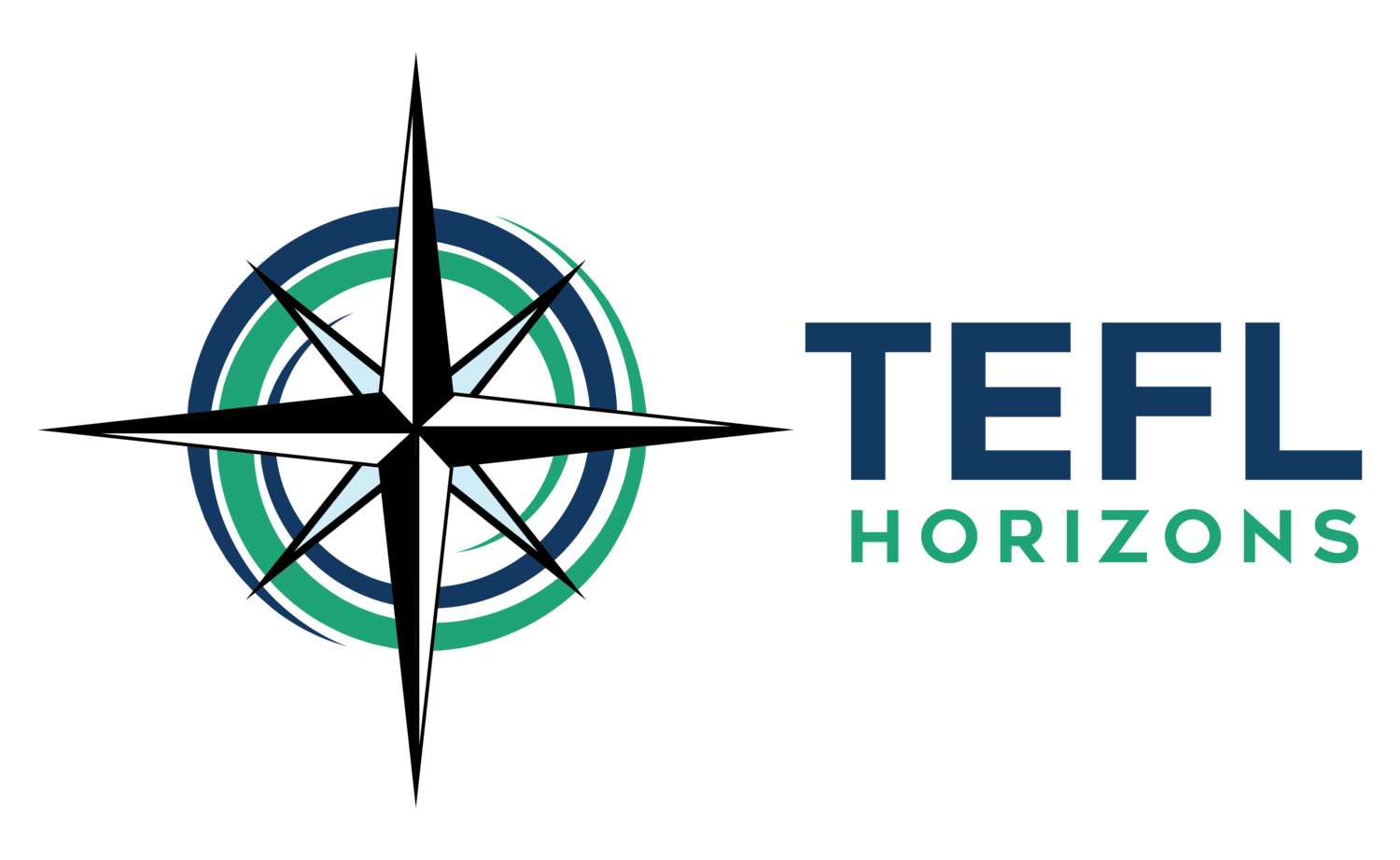How to Teach Writing
Show Notes
How do you approach teaching writing? Do you actually give your students writing exercises in class, or do you just assign writing tasks as homework? In this episode, we look at the benefits of working on writing in the classroom, and we go through exactly how to structure an effective writing lesson. We discuss why the writing task itself is the most important piece of the whole thing, and we describe the practical process that allows you to turn your students into better writers.
Want a free reference chart outlining the stages and advice for an effective writing lesson? You can download it below!
In this Episode
Do you think writing in class is a waste of time? Why many teachers give writing exercises as homework
Why it’s actually helpful for students to practice writing in class
Making sure your writing lesson is more than just the students coming to class, writing something, and then leaving
Why not just any written work in class counts as an actual writing exercise
Making your task authentic: what we mean by an “authentic” task and examples of what this might look like
Why “write ten sentences about…” or “write a paragraph about…” is not a good writing task
How to make sure the writing task you set is achievable in the amount of time you have in the lesson
Why everything in your writing lesson stems from what the writing task is
The structure of a writing lesson
The first stage: the lead-in - why it’s not necessary to start by saying, “Today we’re going to do some writing…”
How your writing task informs the context you set in your lead-in
Why you want to give your students a “model text” as an example of whatever you want them to write in the lesson
Why the model text should look as authentic as possible
Why students first need to read the model text for gist (the main idea) before doing anything else with it and how this helps support them later on in the lesson when they start their own writing
Why you should adapt the model text if you need to- and how to know if you need to
How to help students notice and use the structure of the model text in their own writing
Why it’s helpful to give students “useful language for the task” and how to choose what kind of language this is
Why those useful phrases should be planted in the model text you give students earlier on in the lesson and how this makes for a smooth transition from one stage to the next
How to help students brainstorm before writing and why you don’t want to skip this stage
The actual writing stage: why it can feel a bit strange to sit in silence while students write… but why it’s necessary!
How to make sure you leave students enough time to actually write in the lesson
A tip: give students time warnings as they write
How to conduct a peer editing stage: why it’s helpful to give students instructions for what to look for in their partner’s writing
What to have students do with their writing after they write it: “publish” it!
How to conduct a successful publishing stage
Why students need a task for reading each other’s work- and how to make this authentic depending on what your writing task was
Getting content feedback on students’ writing
Why you shouldn’t ask students to read their writing out loud to the class
Delayed error correction, or language feedback, at the end of a writing lesson
General Tips for Writing Lessons
Managing timing: shorten the task itself if you need to save time
Alternatives for just “write a paragraph about…” - how to turn this into a more authentic task
How to deal with students writing different amounts or taking different lengths of time when writing
Fast finisher tasks: what you can ask students to do if they finish writing early














